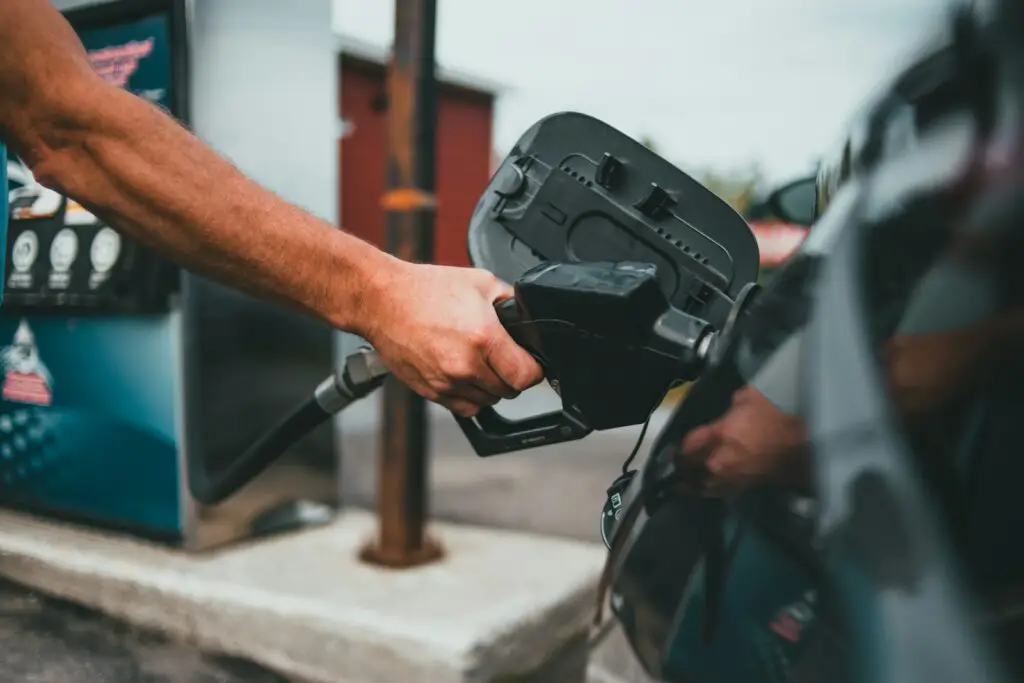In recent years, the landscape of fuel consumption in Canada has seen a significant shift, particularly with the increased use of ethanol in Canadian fuel. Ethanol, a biofuel derived from corn and other plant materials, is now a common additive in Canadian fuel, primarily due to its perceived environmental and economic benefits. However, this shift has raised questions and concerns among vehicle owners, especially those with specific engine types.
The Rise of Ethanol in Canadian Fuel

The push for ethanol in Canadian fuel stems from purported governmental efforts to reduce greenhouse gas emissions and promote renewable energy sources. Blended gasoline, which typically contains up to 10% ethanol, is alleged to have a lower carbon footprint compared to pure gasoline. This blend, commonly referred to as E10, has become the standard for sale at many fuel stations across the country.
In Ontario, for instance, the availability of gasoline that is not blended is becoming rarer, with most stations now offering E10 as their primary option. This trend is not limited to regular grades; even premium fuels, which were once marketed as ethanol-free, now often contain up to 10%. This shift is particularly noticeable in the Greater Toronto Area (GTA), where major fuel retailers like Shell and Esso have adapted their offerings to include it in all grades.
Ethanol-Free Fuel: A Niche Market
Despite the prevalence of blended fuels, there remains a demand for ethanol-free gasoline, especially among owners of two-stroke engines, classic cars, and small engine equipment. Ethanol can cause issues such as corrosion and deterioration of fuel system components in these engines. As a result, finding non-blended fuel has become a priority for many.
In Ontario, ethanol-free gasoline is still available, though it requires some effort to locate. Premium grades at certain stations are more likely to not be blended, and specialized directories like Pure Gas provide valuable resources for finding these stations. Additionally, marinas and small engine repair shops can be good sources of information on where to find fuel that is not blended.
Navigating the Ethanol Landscape

For Canadian vehicle and equipment owners, understanding the ethanol content in fuel is crucial. Federal and provincial regulations require fuel pumps to be labeled with the specific content, making it easier for consumers to make informed choices. However, the specifics can vary by province, so it’s important to stay informed about local regulations and fuel offerings.
The use of ethanol in Canadian fuel is a reflection of a broader shift towards more sustainable energy sources. This trend may require consumers to be more vigilant about their fuel choices, especially if they own engines that are sensitive to ethanol. As the fuel landscape continues to evolve, staying informed and adaptable will be key for Canadian vehicle and equipment owners.
